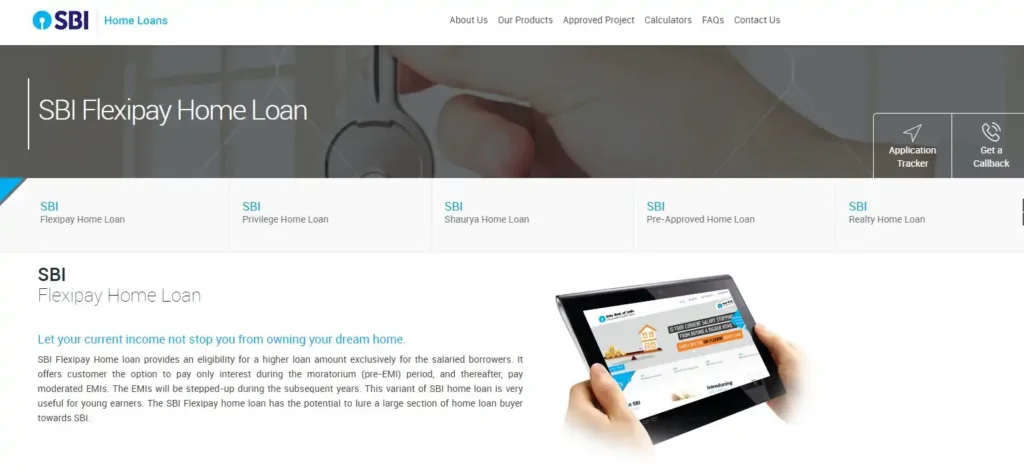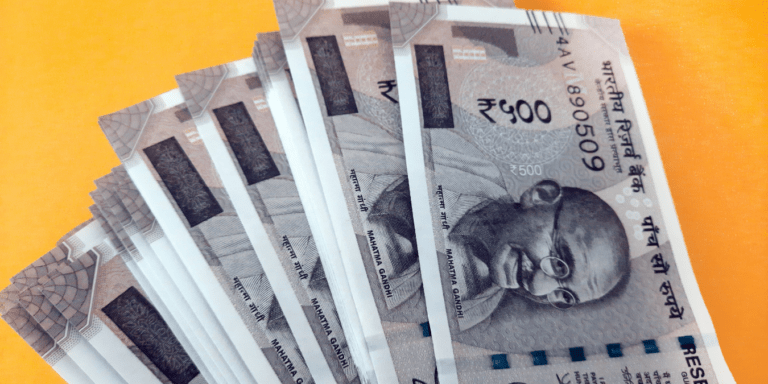
“Thinking of closing your home loan early? Beware of hidden costs like prepayment penalties & lost tax benefits! Learn smart strategies to save interest without hurting your savings. Read this guide before you decide! “
Paying off your home loan early is a dream for many homeowners. It means freedom from debt, reduced financial stress, and long-term savings on interest. Home loan prepayment refers to paying off your loan before the end of its term. This can be done through partial prepayments or by paying off the entire outstanding amount. While prepaying your home loan can reduce your interest burden, it may also come with certain costs that are not immediately apparent. However, while prepaying your mortgage seems like a smart move, there are hidden costs that could hurt your savings if not considered carefully.
In this comprehensive guide, we’ll explore:
✔ The benefits of closing a home loan early
✔ Hidden charges & penalties you may face
✔ Prepayment clauses in loan agreements
✔ Tax implications of early loan closure
✔ Alternative strategies to save money on home loans
By the end, you’ll have a clear understanding of whether paying off your mortgage early is the right financial decision for you.
Why Do Borrowers Consider Closing Home Loans Early?
Before diving into the hidden costs, let’s understand why many borrowers opt for early loan closure:
1. Save on Interest Payments
Home loans accrue substantial interest over time. By prepaying, you reduce the principal faster, cutting down the total interest paid.
2. Improve Credit Score
Clearing debt early demonstrates financial discipline, potentially boosting your credit score.
3. Reduce Financial Burden
Without EMI obligations, disposable income increases, allowing better savings and investments.
4. Peace of Mind
Being debt-free reduces stress and provides financial security.
However, despite these benefits, lenders often impose penalties and fees that can offset your savings.
Hidden Costs of Closing a Home Loan Early
1. Prepayment Penalties
Many banks charge a prepayment penalty (1-3% of the outstanding loan amount) if you close the loan before the agreed tenure. These penalties can vary depending on the lender and the terms of your loan agreement. It’s crucial to review your loan documents to understand the specific penalties that may apply.
🔹 Example: If you have a remaining loan of ₹30 lakhs and a 2% prepayment fee, you’ll pay ₹60,000 extra.
🔹 When does it apply?
- Fixed-rate loans often have higher penalties.
- Some banks waive penalties for floating-rate loans.
2. Lost Tax Benefits on Home Loan Interest (Section 24 & 80C)
Under Section 24(b), you can claim deductions up to ₹2 lakh per year on home loan interest. Additionally, Section 80C allows deductions up to ₹1.5 lakh on principal repayment. Home loans offer several tax benefits under various sections of the Income Tax Act. For instance, you can claim deductions on principal repayment under Section 80C and on interest payments under Section 24B. Prepaying your loan means you may lose out on these tax benefits, which could impact your overall savings
🔹 Early repayment = Loss of tax savings
If you close the loan before the full tenure, you lose future tax benefits, increasing your taxable income.
3. Foreclosure Charges
Some lenders impose foreclosure charges (0.5-2%) if you pay off the loan before a specific period (usually 3-5 years).
🔹 Check your loan agreement for lock-in periods where foreclosure is restricted.
4. Processing Fee Reversal
Banks sometimes require borrowers to repay waived processing fees if the loan is closed within a few years.
5. Reinvestment Risk
If you use savings or investments to prepay your loan, you may miss out on higher returns from alternative investments (e.g., mutual funds, stocks). Using a significant portion of your savings to prepay your home loan can affect your liquidity. It’s essential to ensure that you have enough funds left for emergencies and other financial goals. Tying up your money in prepaying your loan might leave you cash-strapped in times of need.
🔹 Opportunity cost: Compare home loan interest rates (8-9%) with potential investment returns (10-12% in equities).
How to Avoid Hidden Costs When Prepaying Your Home Loan
1. Negotiate with Your Lender
- Ask for a waiver on prepayment penalties, especially if you’ve been a long-term customer.
- Some banks offer penalty-free prepayment for floating-rate loans.
2. Opt for Partial Prepayments Instead of Full Closure
- Make partial prepayments (usually allowed once a year without penalties).
- Reduces principal while retaining tax benefits.
3. Check for Lock-in Periods
- Avoid foreclosure during the initial years if penalties are high.
- Plan prepayments after the lock-in expires.
4. Compare Home Loan Refinancing Options
- If another bank offers lower interest rates, refinancing may be cheaper than prepayment penalties.
5. Consult a Financial Advisor
- Analyze whether early repayment aligns with your financial goals.
- Consider tax implications and alternative investment opportunities.
Alternatives to Early Loan Closure
If prepayment penalties are too high, consider these alternatives:
1. Increase EMI Payments
- Gradually increase EMIs to reduce tenure without triggering penalties.
2. Switch to a Shorter Tenure
- Convert your 20-year loan to 15 years to save interest.
3. Invest Surplus Funds for Higher Returns
- If investment returns exceed home loan interest, investing may be better than prepayment.
Final Verdict: Should You Close Your Home Loan Early?
Closing your home loan early can be a smart financial move if done thoughtfully. Weigh the benefits of interest savings and financial freedom against the hidden costs of prepayment penalties, lost tax benefits, impact on your credit score, and liquidity concerns. A balanced approach, such as partial prepayments, can help you achieve the best of both worlds. Ultimately, the decision should align with your overall financial strategy and long-term goals.
Pros and Cons of Closing a Home Loan Early
| Pros ✅ | Cons ❌ |
| 1. Saves on Interest Payments – Reduces total interest burden significantly over the loan tenure. | 1. Prepayment Penalties – Banks may charge 1-3% of the outstanding amount as a foreclosure fee. |
| 2. Debt-Free Sooner – Eliminates monthly EMI stress and improves cash flow. | 2. Loss of Tax Benefits – No more deductions under Section 24(b) (₹2 lakh interest) and 80C (₹1.5 lakh principal). |
| 3. Improves Credit Score – Shows financial discipline by clearing a major liability. | 3. Lock-in Period Restrictions – Some loans impose heavy penalties if closed within 3-5 years. |
| 4. Guaranteed Return – Paying off an 8-9% loan is like earning a risk-free return. | 4. Opportunity Cost – Surplus funds could earn higher returns (10-12%) in stocks/MFs. |
| 5. Psychological Relief – Peace of mind from being mortgage-free. | 5. Liquidity Crunch Risk – Tying up savings in prepayment may limit emergency funds. |
When to Prepay:
✅ You have high-interest debt (credit cards, personal loans).
✅ Your lender has low or no prepayment penalties.
✅ You’ve exhausted tax-saving investments.
When to Avoid Prepayment:
❌ Penalties outweigh interest savings.
❌ You have high-return investment opportunities.
❌ You’re in the early years of the loan (lock-in period).
Closing your home loan early can be a smart financial move, but hidden costs like prepayment penalties, lost tax benefits, and foreclosure charges can hurt your savings. Before making a decision:
✔ Review your loan agreement for prepayment clauses.
✔ Calculate net savings after penalties and tax impacts.
✔ Explore alternatives like partial prepayments or refinancing.
-

How Anthropic’s Claude Cowork Legal Plugin Is Sparking Job Fears Among Indian BPO Workers in 2026
-

Income Tax Notice Alert: Monthly Money to Wife? Know These Rules to Stay Safe
-

PM Kisan Samman Nidhi: A Lifeline for India’s Farmers in 2026
-

Gold Rate Today in India Feb 4 2026: 24K at ₹15,394/g in Delhi Mumbai Chennai Full City Breakdown





























